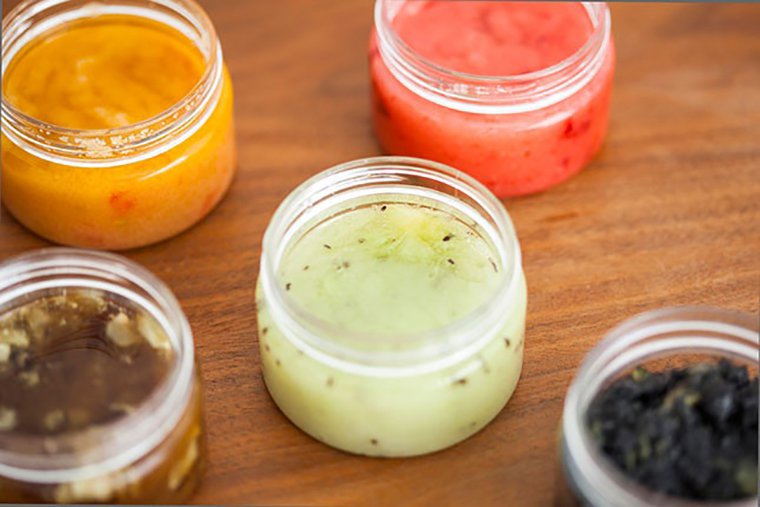2020 will not be soon forgotten, not by a long shot. We have survived many plot twists (killer bees included) and COVID-19 has certainly been a timely unveiling of people’s character-both positively and negatively. Even with the unexpected events, one thing the COVID-quarantine has birthed is a new wave of innovators entering the cosmetics arena; particularly, small-scale all-natural cosmetics producers. This is certainly a game changer that large-scale manufacturers had not anticipated.
Here are a few reminders for our new innovators as you start your journey into the world of cosmetics manufacturing:
- If your cosmetics are marketed to consumers on a retail basis, such as in stores, or by mail order (including online), or by personal sales representatives (for example, door-to-door sales), they also must meet ingredient labeling requirements under the Fair Packaging and Labeling Act.
- not all “personal care products” are regulated as cosmetics under U.S. law. For example, some are regulated as drugs. If your product is a drug under U.S. law, it must meet the requirements for drugs, such as premarket approval.
- A product is a cosmetic if it is intended for uses such as cleansing the human body, making a person more attractive, or changing a person’s appearance.
- It’s not against the law to manufacture cosmetics in your home. Keep in mind, however, that it’s your responsibility to manufacture products in an environment that will not cause them to become adulterated.
- Choosing ingredients from sources you consider “organic” or “natural” is no guarantee that they are safe. You are still responsible for making sure your ingredients are safe when used according to the labeling,
- You can use safety data that’s already available on individual ingredients and on products whose formulations are similar to yours. The Cosmetic Ingredient Review (CIR) website has information on the safety of cosmetic ingredients that they have reviewed.
- Cosmetics do not have to be sterile, but they must not contain any harmful microorganisms, and the number of aerobic microorganisms per gram must be low. To learn more, see “Microbiological Methods for Cosmetics.”
- FDA does not license cosmetics firms. However, state or local authorities may require licensing or have other requirements you need to know about. You will need to contact your state or local authorities directly. Again, the Small Business Administration
- Lastly, if you’re quickly selling out of particular product; make more of it, your consumers are telling you something!
These are just a few helpful tips to get your going and stay encouraged along your journey. Check out the FDA’s Fact Sheet on Small Businesses & Homemade Cosmetics for more information and cosmetics-related resources.
